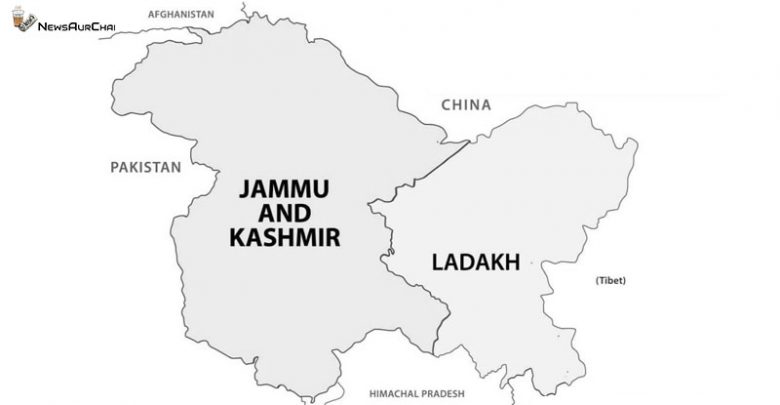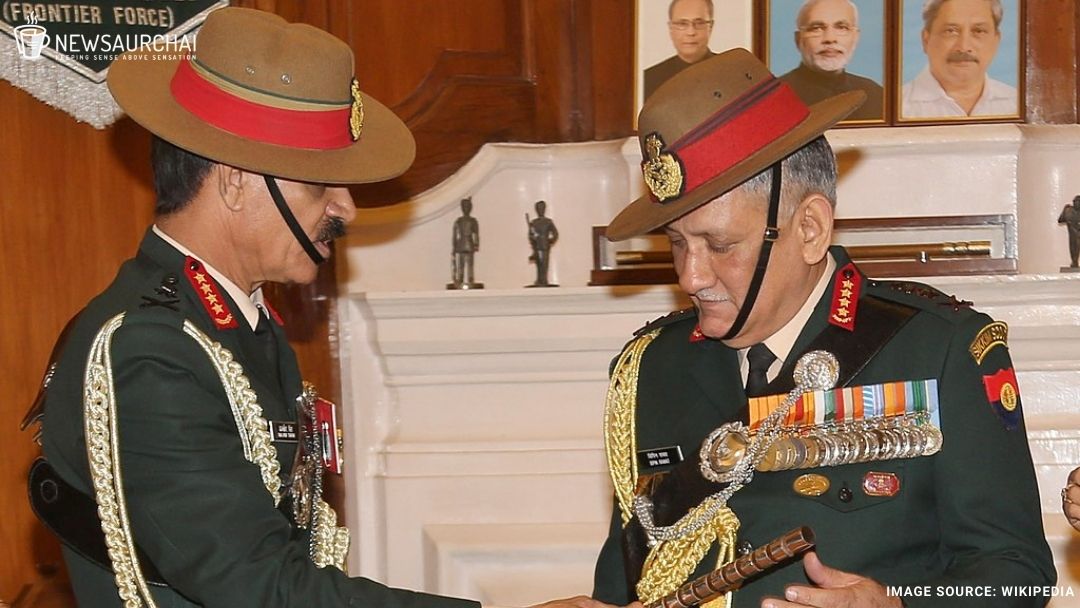
Today, the Indian government led by Prime Minister Narendra Modi has scrapped Article 370, and Article 35A from the constitution of India. Both the article(s) were made to give special status to the state of Jammu and Kashmir. The Article 370 was drafted in Part XXI of the Indian Constitution, i.e. Temporary, Transitional and Special Provisions.
Union Home Minister Amit Shah took a total of five significant decisions today:
1. Article 370 was removed by order of the President of India.
2. Article 35A was also lifted by order of the President of India.
3. Jammu and Kashmir to be divided into two and the central government of India would govern each.
4. Ladakh will be a Union Territory without legislature. GOI will administer it.
Since the Independence of India, this area of Jammu and Kashmir has been under constant dispute. When the princely state of Jammu and Kashmir was attacked by Pakistan’s Pashtun tribal militias and other local tribal militias and irregular Pakistani forces. Raja Hari Singh, then ruler signed an accession with India on 26th October 1947, which was later included in the constitution of Indian by presidential order in 26th January 1950.
Critical points of Article 370 are:
1. Dual citizenship to people living in J&k.
2. The national flag of J&K is different from that of all other parts of India.
3. Jammu and Kashmir’s tenure of assembly is six years.
4. People outside Kashmir cannot buy land there.
5. India’s highest court orders are not valid there.
What is Article 35A?
Article 35A is a provision of the Indian constitution that gives the Jammu and Kashmir legislature special privilege over other states. It empowered the Jammu and Kashmir state’s legislature to define “permanent residents” of the state. It also gave the people of the state exclusive rights and privileges in different fields like education, acquisition of property, public aid, access to public services and more. It mandates that no act of legislature coming under it can be challenged for violating the constitution or any other law of the land.
The former governments over the years have only made this issue alive and never actually made efforts towards removing or modifying the same.
What are the effects of the change?
1. 370 is removed, along with this 35A is also scrapped
2. No different constitution for J&K
3. No different flag for J&K
4. Parliament of India will be supreme not Kashmir Legislature to make the laws.
5. Tenure of J&K legislature will be of five years, which was six years earlier.
6. There will be no governor in J&K now Lt. Governor will be the in-charge of the Union Territories
7. An Indian citizen can now purchase property in Jammu, Kashmir and Ladakh.
8. Reservation laws are applicable in the J&K and Ladakh.
There have been mixed reactions coming in from different parts of the country.
बहुत साहसिक और ऐतिहासिक निर्णय. श्रेष्ठ भारत – एक भारत का अभिनन्दन.
A bold and historic decision. We salute our Great India – one India.— Sushma Swaraj (@SushmaSwaraj) August 5, 2019
We support the govt on its decisions on J & K. We hope this will bring peace and development in the state.
— Arvind Kejriwal (@ArvindKejriwal) August 5, 2019
भारतमाता के माथे की पुरातन पीर हरने के लिए सरकार का आभार ! हर नागरिक से अनुरोध है कि दशकों से लम्बित इस शल्यक्रिया के दौरान देश के साथ रहें ! ये ऐतिहासिक क्षण हैं🇮🇳
“दर्द कहाँ तक पाला जाए,
युद्ध कहाँ तक टाला जाए,
तू भी है राणा का वंशज,
फेंक जहाँ तक भाला जाए”#KashmirParFinalFight— Dr Kumar Vishvas (@DrKumarVishwas) August 5, 2019
The incumbent Govt took steps to revoke #Artical370, the leaders of various political parties in Kashmir who have impeccable integrity towards India were not taken into confidence.
— Sharad Pawar (@PawarSpeaks) August 5, 2019
Telugu Desam Party supports the Union Govt as it seeks to repeal Article 370. I pray for the peace and prosperity of the people of J&K.#Article370
— N Chandrababu Naidu (@ncbn) August 5, 2019
Constitution expert Subhash Kashyap on #Article370: I can only say, constitutionally it is sound, no legal & constitutional fault can be found in it. Govt has carefully studied the matter. As for the question, if it's a political decision, I have nothing to say on that. pic.twitter.com/FNDbeh6jBt
— ANI (@ANI) August 5, 2019
On the other hand, ex-chief minister of Jammu and Kashmir Mehbooba Mufti’s is active on social media and has tweeted about the revocation of Article 370. She tweeted:
Today marks the darkest day in Indian democracy. Decision of J&K leadership to reject 2 nation theory in 1947 & align with India has backfired. Unilateral decision of GOI to scrap Article 370 is illegal & unconstitutional which will make India an occupational force in J&K.
— Mehbooba Mufti (@MehboobaMufti) August 5, 2019
It is worth mentioning that Mufti and other Opposition leaders are kept under house arrest and authorities have suspended mobile internet services.
What is your opinion regarding the abrogation of Articles 370 and 35A? Will it increase or decrease the J&K autonomy?





